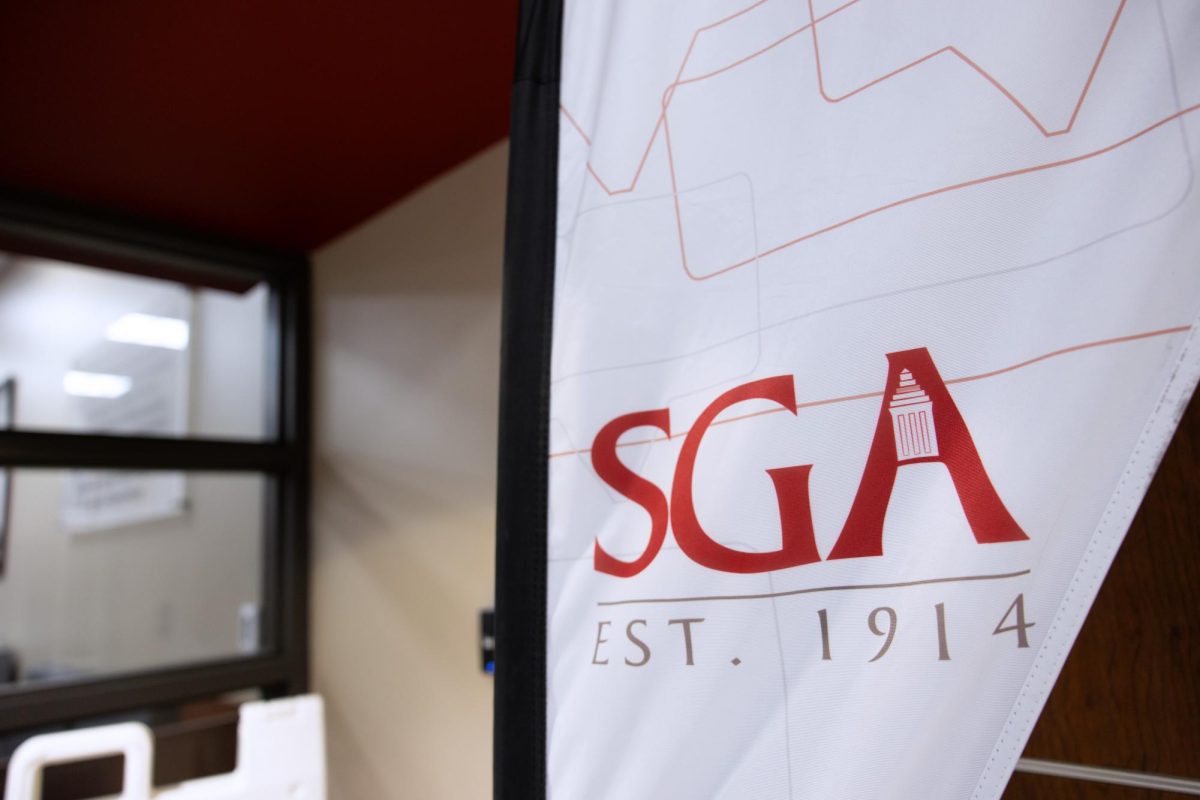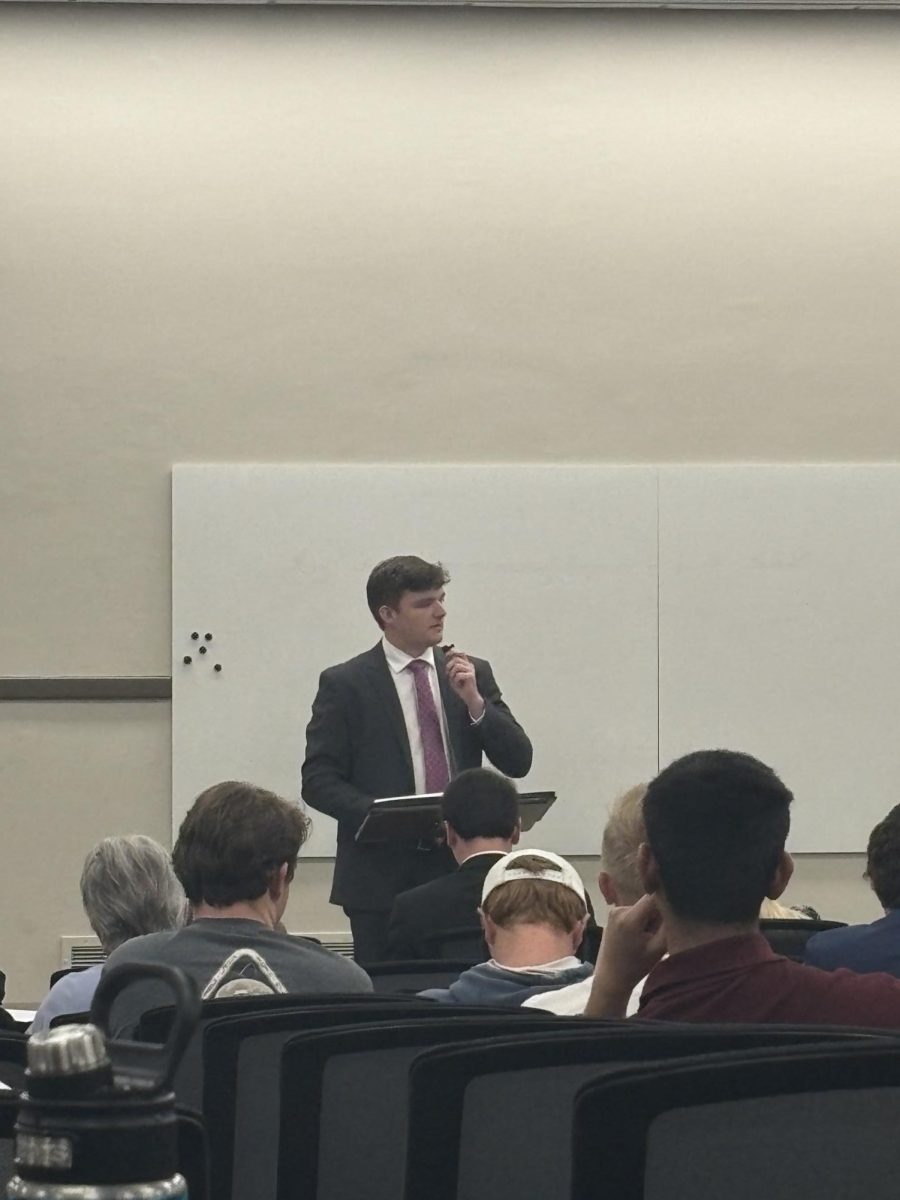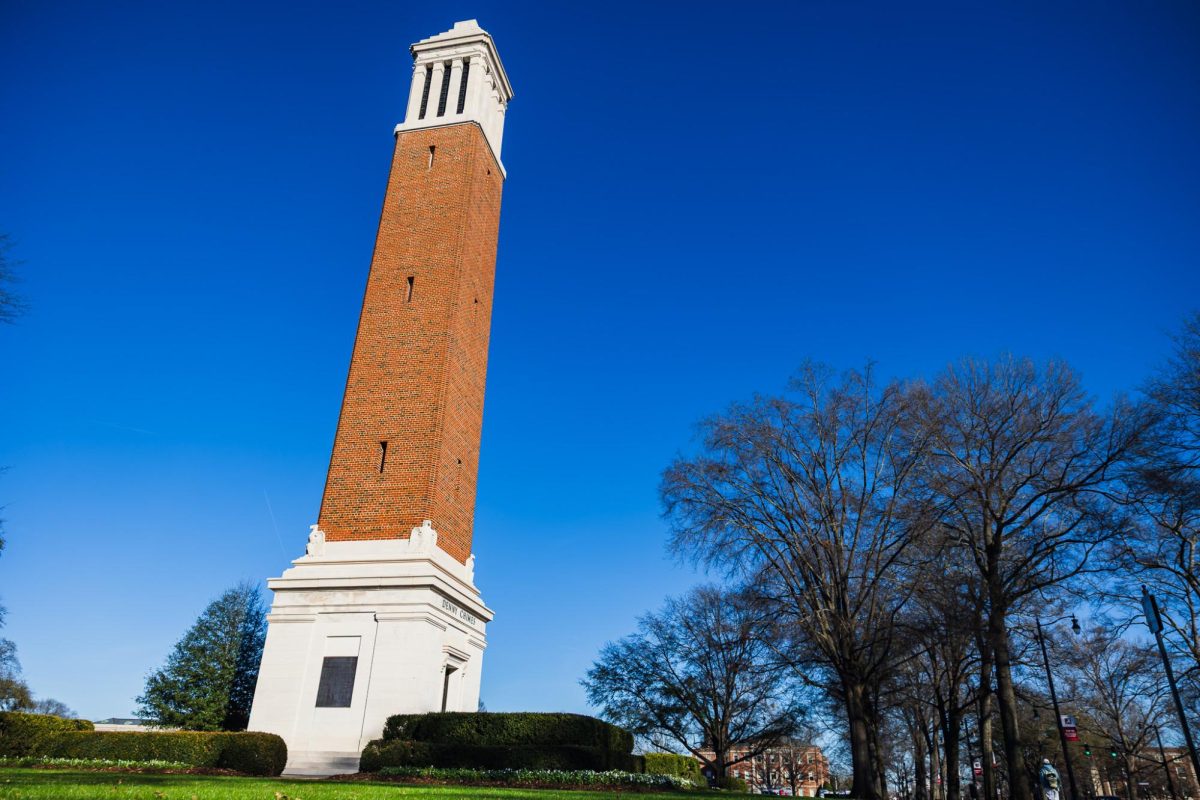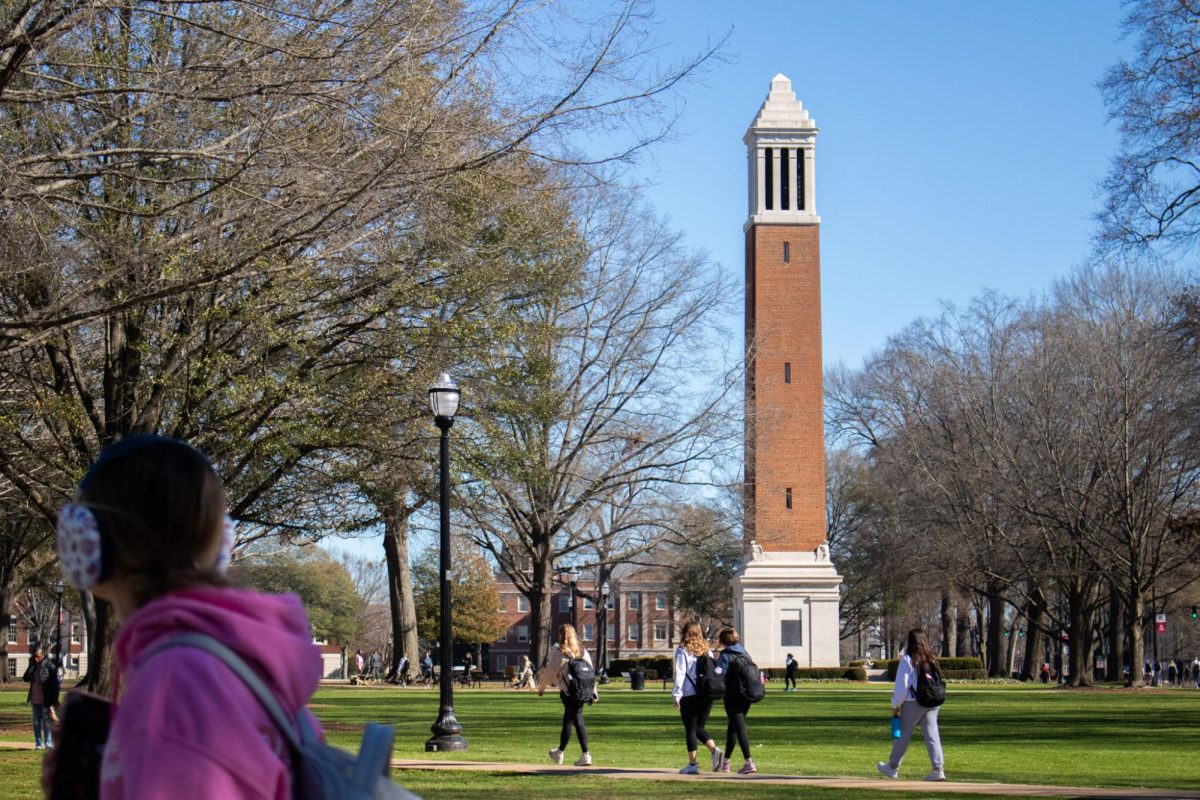Cannon, a freshman majoring in human development and family studies, was diagnosed with relapsing MS in June 2013. She has had two relapses during her time at the University.
“At 18 years old I had to start taking medication on a daily basis to keep me healthy and slow down the progression of the disease,” Cannon said. “Most people at this age do not have to worry about taking medication to keep them healthy.”
There are 4,300 people living in Alabama who have multiple sclerosis.
One of the biggest nationwide fundraising and awareness events for MS is Walk MS. This will be the sixth year Walk MS is held in Tuscaloosa. The local walk supports the Alabama-Mississippi Chapter of the National Multiple Sclerosis Society. The walk will be February 28 at 9 a.m. at Snow-Hinton Park. All money raised goes toward finding a cure for MS.
Multiple sclerosis is a central nervous system disease that occurs due to damage of the myelin sheath of the brain or spinal cord. MS is an unusual disease because no two people have the same symptoms.
MS can cause loss of mobility through numbness or tingling of body parts or even complete paralysis. The disease can even have visual and cognitive effects, and may be progressive or relapsing.
Researchers all over the world have been searching for an MS cure for decades. Some of those people are at The University of Alabama as well as throughout the Tuscaloosa community.
Cure MS, the first organization revolving around multiple sclerosis on UA’s campus, was founded in fall 2014.
“Cure MS is a student organization here on campus that is designed to educate UA students about multiple sclerosis and involve them in fundraising efforts to support research for a cure,” said Kelsey Weiss, a senior studying public relations at UA and a member of Cure MS.
Andrew Bell, executive vice president of the Alabama-Mississippi Chapter of the National Multiple Sclerosis Society, said hopes are high for the future of MS research. This year, the Alabama-Mississippi Chapter of the National MS Society has set an “ambitious” goal to raise $25,000 at the Tuscaloosa Walk.
“It’s so much more than just a fundraiser or an awareness-building vehicle. It is also a connection point for people looking for a cure,” Bell said. “It’s a community coming together to celebrate hope for the future.”
Despite the uncertain nature of the disease, Cannon manages to keep a positive attitude. She said the support from those involved in Cure MS and her loved ones helps her more than anything.
“MS is such an unpredictable disease, so there is no warning for when I may have a relapse,” Cannon said. “I decided to take a really awful situation and use it for good because I want to be an inspiration to other people to keep pushing through life, even when it gets hard, and things are thrown at you that seem really unfair.”
Like Cannon, members of Cure MS and other Tuscaloosa residents will come together for Walk MS later this month. Individuals interested in participating in Walk MS can register at www.walkms.org or can call 1-800-344-4867 to register by phone.








